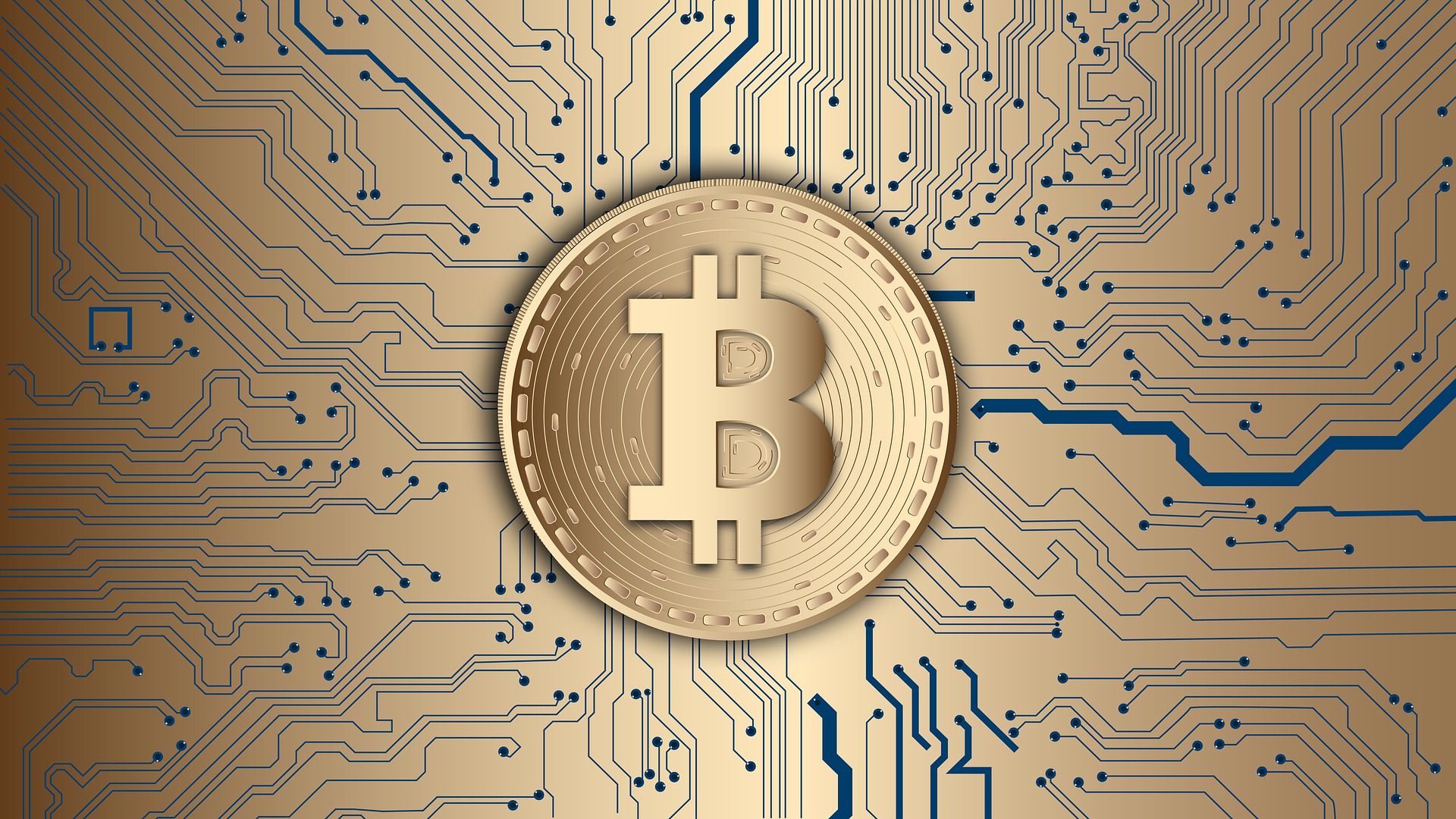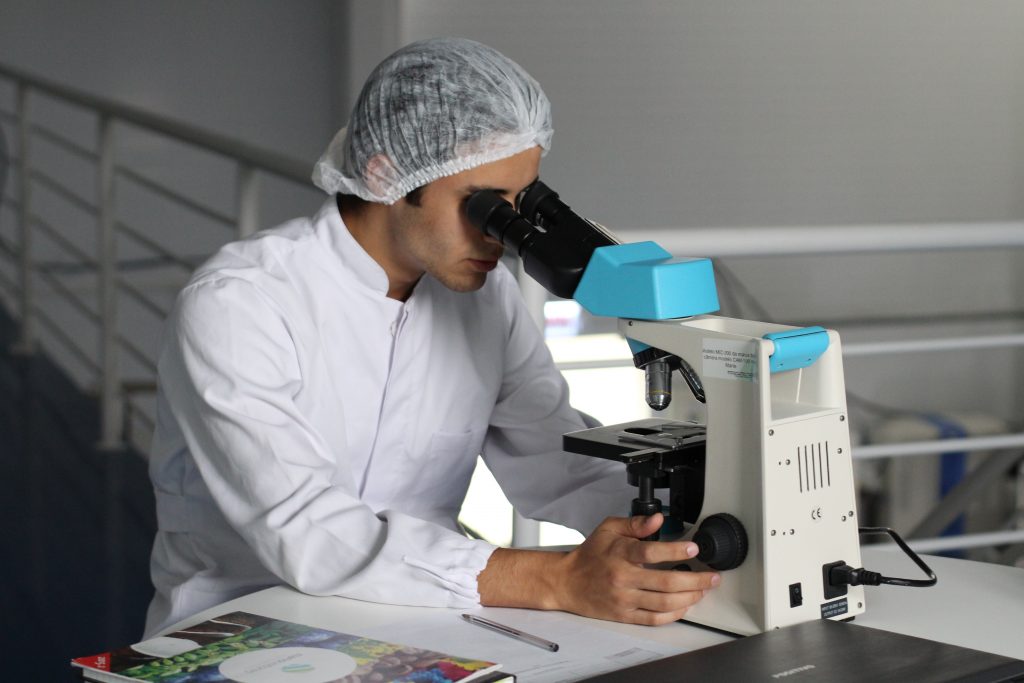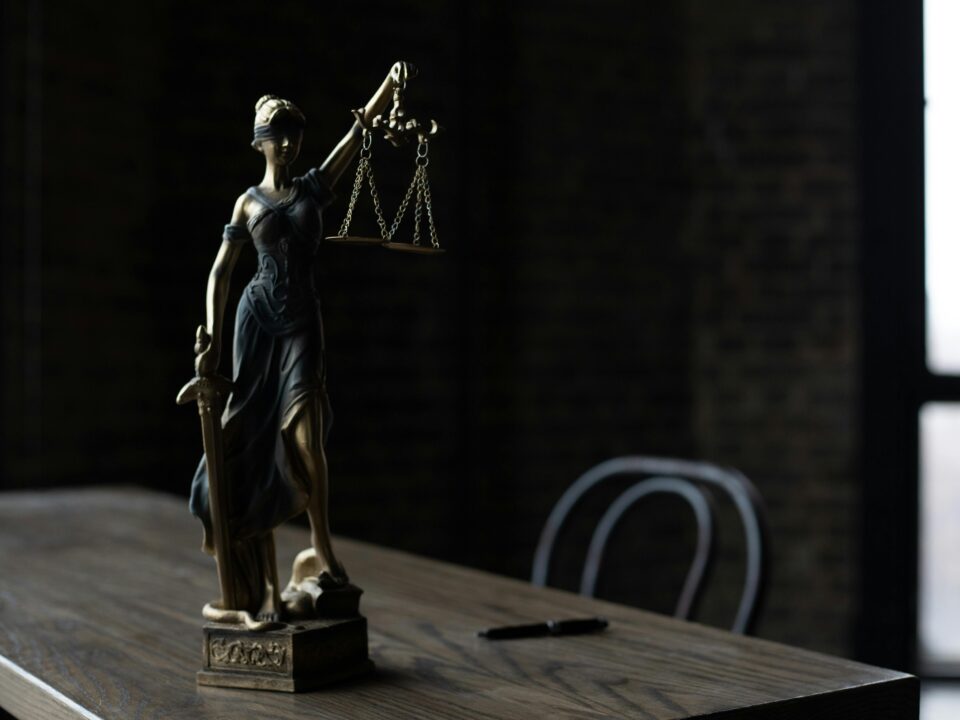
Need a Cash Alternative? Here are 7 Payment Methods for Weed Merchants
March 1, 2018
Accepting Bitcoin for Payments: The Legal Basics Part 1 of 3
May 30, 2018There’s a joke in the nootropics industry.
An eager consumer walks into a nootropics store. The customer — who’s excited about this category of products that might help him improve his memory, increase his alertness and even reduce his risk of Alzheimer’s — asks innocently: “Can I see a list of all the FDA-approved nootropics?”
The supplier hands the customer a blank sheet of paper.
“There’s your list,” he says.

This is a list of all the nootropic substances that are explicitly allowed by the FDA.
What Are Nootropics?
The word “nootropics” was coined in 1972, by a Romanian scientist, Dr Corneliu Giurgea. It comes from Greek phrase meaning “to turn the mind.”

Dr. Cornel Giurgiu created a definition for nootropics that is still in use today.
Dr. Giurgea laid out the following characteristics for nootropic substances:
● They lack any stimulant, sedative or toxic effects.
● They protect the brain from harmful chemical damage or significant chemical transfigurations.
● They improve neuronal firing mechanisms in the brain.
● They can enhance memory & learning functions.
● They assist the brain with functioning well under disruptive external & internal conditions.

Optimizing one’s own body and brain is an age-old temptation.
Nootropics have entered the public consciousness — if not by their name, then certainly by their function — through pop culture. The feature film and TV show Limitless shows a Hollywood-ized version of them. Silicon Valley types have latched onto the “biohacking” possibilities of nootropics. The promise of optimizing one’s own body and brain is an age-old temptation.
Common nootropics include L-Theanine, Bacopa Monnieri, Curcumin and even caffeine. They are said to help with memory, reduce anxiety, increase alertness and more. They are sold by big names like Amazon, eBay, and even in Wal-Mart and Costco. There are entire message boards and subreddits devoted to where to find them and how to take them.

As nootropics have become more popular with consumers, the government is beginning to take notice.
The category is growing at an astounding pace — but unfortunately, as nootropics become more visible to consumers, they’re becoming a potential target for government scrutiny.
A Dangerous Legal Gray Area
The joke about the blank list provides an accurate summary of the murky legal landscape where nootropics currently reside. According to FDA, products like nootropics can be legally classified as one of two things:
1) Scheduled drugs approved for treatment of a specific disease or condition, or
2) Supplements and foods generally regarded as safe (GRAS)
The government has made it clear that it considers nootropics to be “neither fish nor fowl.”

One thing nootropics definitely aren’t? They’re not FDA-scheduled drugs.
They’re definitely not scheduled drugs — FDA drug approval is a clear-cut (and very expensive) process. No nootropic substance has yet gone through it. And it’s likely to remain that way. Due to the fact that patents have expired for popular and lucrative nootropics like piracetam, there’s no logical reason for any company to spend the $50MM+ that it takes to earn FDA approval — only to have their competitors jump on that approval once it’s attained and start selling identical products for less.

The FDA sent a warning letter to a major piracetam supplier in 2010.
For decades, nootropics suppliers considered their products to be supplements and foods GRAS. The arrangement worked for a while. But with increased consumer demand came increased government scrutiny — and the FDA has recently laid down the law with warning letters, punitive actions, merchant freezes and product seizures all across the nootropics industry.
FDA is Taking Notice
The trouble started in earnest in August 2010. That’s when the FDA issued a warning letter to United Nutrition/Smartpowders, a company that was selling bulk quantities of piracetam.
Piracetam was purported to offer cognitive boosts, including a reduction of stress and anxiety, an increase in brain circulation and potentially the prevention of dementia. In fact, piracetam was the very first nootropic — Dr. Giurgea coined the name for the category after synthesizing it.

The FDA letter took exception with Unlimited Nutrition’s claim that its piracetam product was a dietary supplement.
The FDA’s letter was a shot across the bow. It put a deep scare into nootropic companies all over the United States. The FDA letter took exception with Unlimited Nutrition’s claim that its piracetam product was a dietary supplement. The government agency stated that in order for it to be called such, piracetam would have to be one of the following:
● Vitamin
● Mineral
● Amino acid
● Herb or other botanical
● Dietary substance for use by man to supplement the diet by increasing the total dietary intake
● Concentrate, metabolite, constituent, extract or combination of any dietary ingredient from the preceding categories

The FDA took exception to this claim: “Piracetam supports memory and concentration, overall well-being, cardiovascular health, and helps reduce stress and fatigue.”
Specifically, the FDA had a problem with the following language, which appeared on Unlimited Nutrition’s piracetam product label:
“Piracetam supports memory and concentration, overall well-being, cardiovascular health, and helps reduce stress and fatigue.”
Those relatively innocuous words were enough to prompt the FDA to take this major step. And the entire nootropics industry took notice — piracetam suppliers entered into a justifiable panic.
More Legal Woes
The 2010 FDA letter to Unlimited Nutrition re: piracetam was enough to convince many large manufacturers and sellers to get out of the piracetam business. Still others switched from offering it as pill meant for consumer use to selling it as a bulk powder labeled for “research purposes.”
The problem with that is that the bulk powder for “research purposes” is still purchased by many consumers wanting to try piracetam for personal use. And yet, due to FDA restrictions, piracetam sellers are forbidden from including critical dosage and use instructions in their marketing materials.

In response to the FDA scrutiny, some U.S. piracetam suppliers now sell the substance in bulk quantities “for research only.”
This is the worst of all worlds: Motivated consumers will still seek out piracetam. It isn’t technically illegal to purchase. And yet suppliers must not include vital instructions on their packaging, lest they run afoul of FDA rules. The entire landscape is a mess of poor oversight and spotty product quality control.
As a result, many consumers turning to questionable overseas or bootleg markets — where their outcomes could be potentially disastrous.
How Can Nootropics Suppliers Protect Themselves?
Fortunately, it’s not all bad news. The legal landscape for nootropics is alarming and worrisome. But the future of the industry is incredibly bright.

The current administration has proven to be very pro-business — especially for domestic companies. This could be a promising sign for nootropics eCommerce companies.
The incident with piracetam demonstrated that the FDA is paying close attention to this growing industry. However, there are plenty of clues that the current administration wants to encourage and support domestic trade and eCommerce.
Nobody knows exactly what the future of nootropics will be. This is an industry that’s in its relative infancy, and precedents are still being established.
For nootropics suppliers and manufacturers, it’s extremely important to ensure compliance with all applicable laws and regulations. It’s also beneficial to follow the latest news and developments in this industry and its related ones.

Theodore F. Monroe is an attorney whose practice focuses on the electronic payment and direct marketing industries. For more information, email him at [email protected] or call him at 213-233-2273.




